Home Learning
We provide abundantly for the needs of the pupils as Jesus abundantly met the needs of the 5000, by ensuring the pupils receive- an education appropriate to the world outside their classroom
How can parents support home learning?
Parents have an important role to play in supporting this approach to Home Learning. Simply sending your child to school with a pencil case and their homework book does not work. For our pupils to achieve success we need parents to take an interest in what their children are learning.
Here are some tips from the Department of Education as to how parents can best support their children:
- Make Time: Your child will benefit from you taking an interest in what they are doing.
- Experiences: Try and link life and leisure experiences to your child’s school work e.g. visits to the park, museum or days out.
- Talk: Make time to ask your child about what they are studying and what they have learned. Another great way to show you are interested is to attend school activities such as parents’ evenings and sports events etc.
Find out more:
Our approach to Home Learning is based upon the most recent educational research. You can find out more from any of the sources below:
- Visible Learning: Prof. John Hattie
- Toolkit of Strategies to improve learning: Sutton Trust
- Department for Education: www.education.gov.uk
- The Facts on Education: How useful is homework? http://www.cea-ace.ca/publication/facts-education-how-useful-homework
Home Learning Schedule:
| Year Group | Phonics and Reading | Doodle Maths | Spellings | Topic |
|---|---|---|---|---|
| R | Phonics + 10 mins reading per night | Doodle Maths 10 mins per night | Pupils will be given spellings by class teachers to learn weekly or termly. | Home Learning activities sent home 3 times a year. Pupils to pick a minimum of 1 activity from each area (5 areas in total) and complete. |
| 1 | Phonics + 10 mins reading per night | Doodle Maths 10 mins per night Tell the time to the nearest hour and half hour | ||
| 2 | Phonics + 10 – 20 mins reading per night | Doodle Maths 10 – 20 mins per night. 2, 3, 5 and 10 times tables Tell the time to the nearest minute. | ||
| 3 | Home reading 20 – 30 mins reading per night | Doodle Maths 20 – 30 mins per night 4 and 8 times tables | ||
| 4 | Home reading 20 – 30 mins reading per night | Doodle Maths 20 – 30 mins per night 6, 7, 9, 11 and 12 times tables | ||
| 5 | Home reading 30 + mins reading per night | Doodle Maths 30 + mins per night Consolidation of times tables | ||
| 6 | Preperation for SATs/Secondary School Homework Programme | |||
Maths Homework Books
Year 1
Year 2
Year 3
Year 4
Year 5
Year 6
Supporting your child with Reading
We believe in developing a reading culture throughout the school by creating welcoming book areas in classrooms, a school library hosting a variety of books, and raising the profile of reading through a print rich environment, attractive book displays and promoting the written word at all times.
In the Early Years and Key Stage One the children are taught to read using Read, Write Inc. which is a programme created by Ruth Miskin. Through discrete phonics lessons, children learn to read accurately and fluently with good comprehension. They learn to form each letter, spell correctly and compose their ideas step-by-step.
Throughout the programme, children learn the English alphabet code: the 150+ graphemes that represent 44 speech sounds. They rapidly learn sounds and the letter, or groups of letters, they need to represent them, in three sets of Speed Sounds Lessons. Simple and enjoyable mnemonics help all children to grasp the letter-sound correspondences quickly, especially those who are at risk of making slower progress or those who are new to learning English. This knowledge is taught and consolidated every day. High-frequency words that are not phonetically regular are taught as ‘tricky’ words (we call them Red Words) and are practised frequently.
Lively phonic books are closely matched to children’s increasing knowledge of phonics and ‘tricky’ words so that, early on, they experience plenty of success. Repeated readings of the texts support their increasingly fluent decoding.
Phonics is taught daily in Reception, Year 1 and Year 2. The children receive a 30 minute discreet phonics lesson, and are often placed in ability groups across their year group for this lesson. Assessments are made termly and pupils are moved group depending on their scores.
In year 1 pupils take part in the statutory phonics assessment in June. This assesses their knowledge of phonics by reading words, either real of made up. Typically children need to score 32 out of 40 in order to pass the test. Any pupil who does not receive the pass grade will have further ‘catch-up’ lessons in Year 2 and resit the test again at the end of year 2. Parent information sessions are held throughout Year 1 to help you support your child with phonics at home.
- Read, Write Inc.
– An article explaining the Read, Write Inc phonics scheme - Top tips for Parents
– Ruth Miskin shares some tips to help you support your child with phonics
Read, Write Inc FAQs
As children become more fluent in their reading and progress throughout the school they then are able to join our Accelerated Reader programme. Accelerated Reader monitors and tracks the progress of pupils reading. It helps us to assess pupils reading level, suggest titles of books at that level, and then assess the pupils’ comprehension of the book by asking a series of quiz questions. Pupils take the quizzes using IPad’s in the classrooms and enjoy sharing the feedback they receive. Each week we celebrate they class who have passed the most quizzes and the class who have earned the most points, points are earned by taking quizzes even if you don’t pass them.
We encourage parents to use AR Bookfinder to help pupils identify which book they would like to read next. AR Bookfinder is an online tool which checks if ANY published book is on the Accelerated Reader scheme and, if it is, what level the book is. It is a very useful tool to help parents select the most appropriate books for their child if going to the library or book shop.
- AR Book Finder
– Help find the right books to support your child’s reading ability
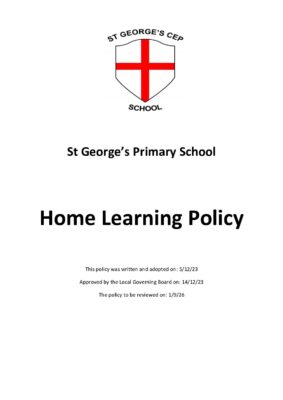 Home Learning Policy
Home Learning Policy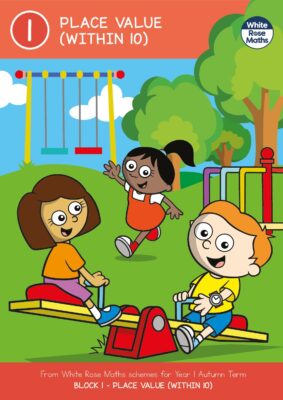 Y1-Book1
Y1-Book1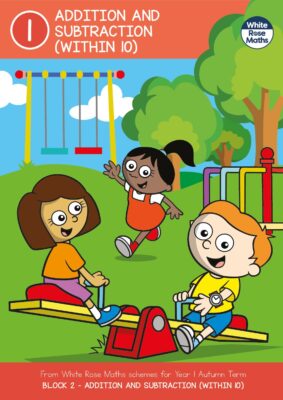 Y1-Book2
Y1-Book2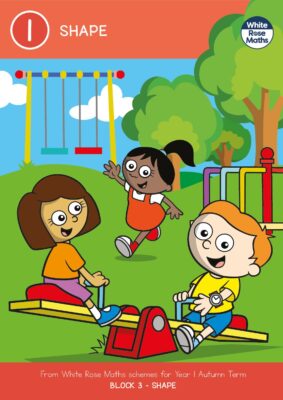 Y1-Book3
Y1-Book3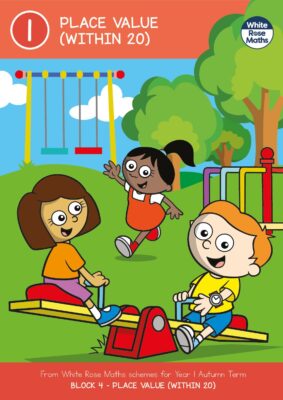 Y1-Book4
Y1-Book4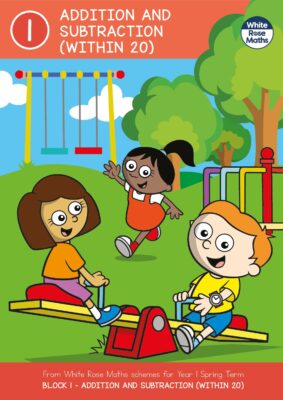 Y1-Book5
Y1-Book5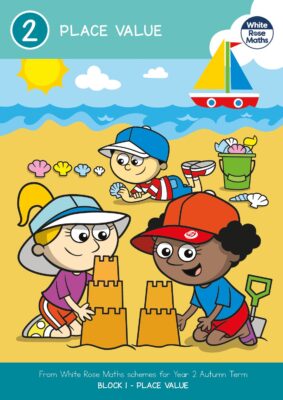 Y2-Book1
Y2-Book1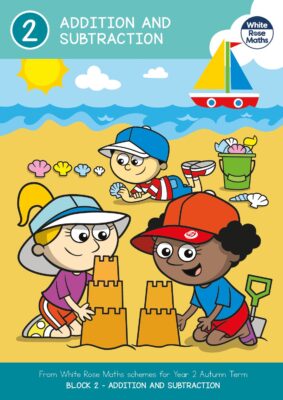 Y2-Book2
Y2-Book2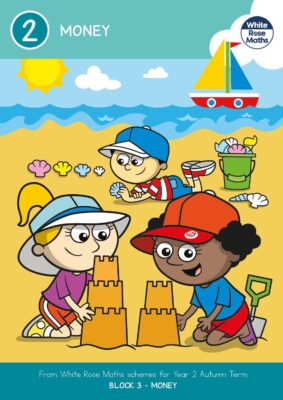 Y2-Book3
Y2-Book3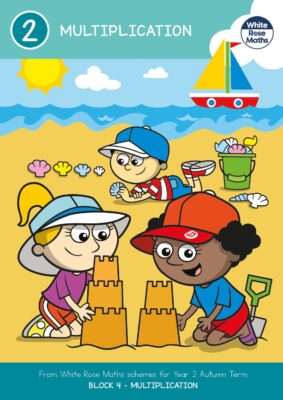 Y2-Book4
Y2-Book4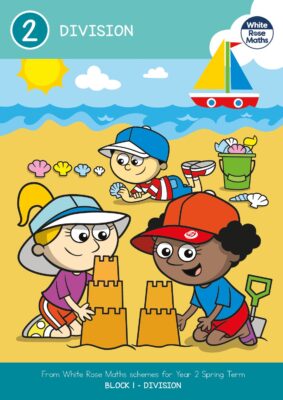 Y2-Book5
Y2-Book5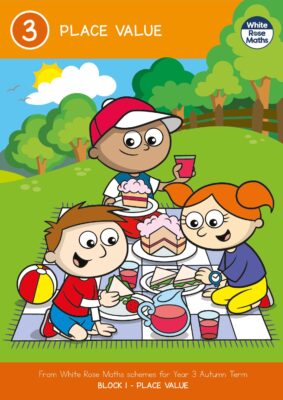 Y3-Book1
Y3-Book1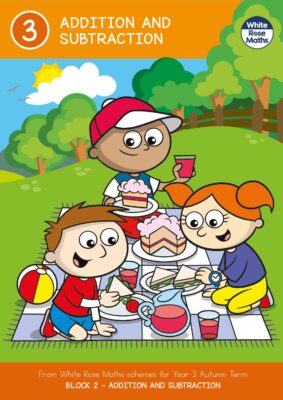 Y3-Book2
Y3-Book2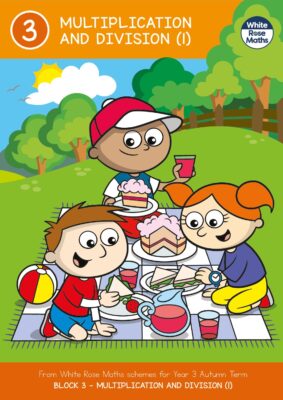 Y3-Book3
Y3-Book3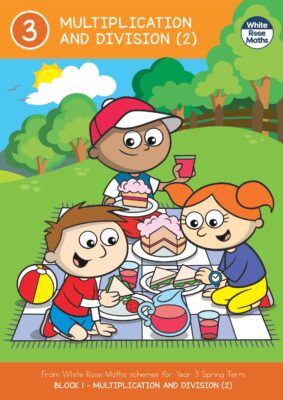 Y3-Book4
Y3-Book4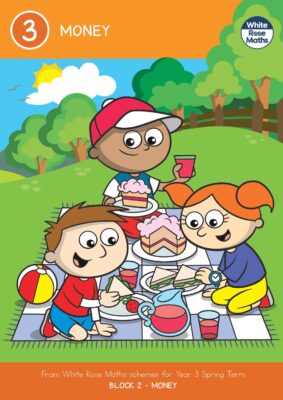 Y3-Book5
Y3-Book5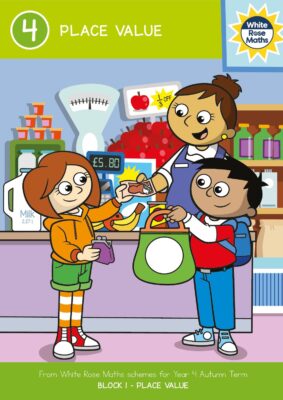 Y4-Book1
Y4-Book1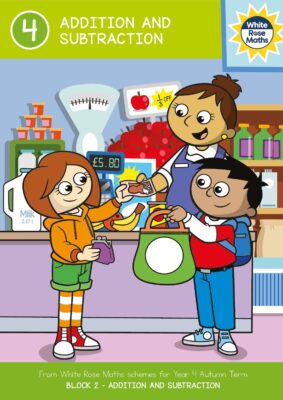 Y4-Book2
Y4-Book2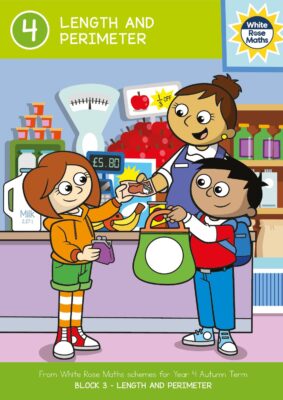 Y4-Book3
Y4-Book3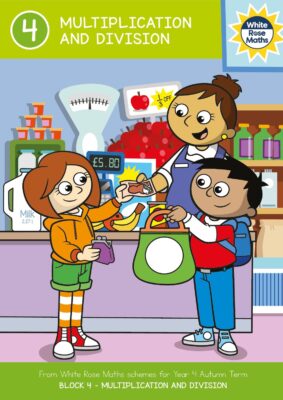 Y4-Book4
Y4-Book4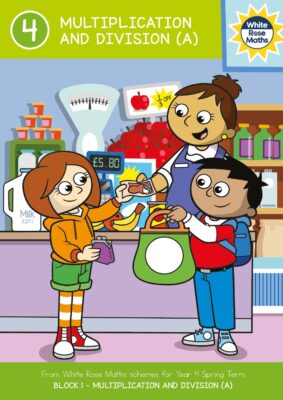 Y4-Book5
Y4-Book5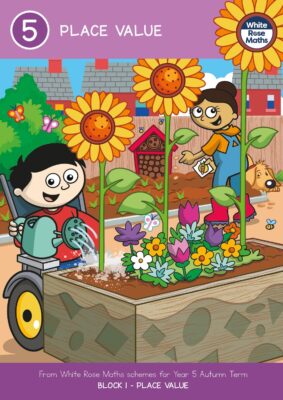 Y5-Book1
Y5-Book1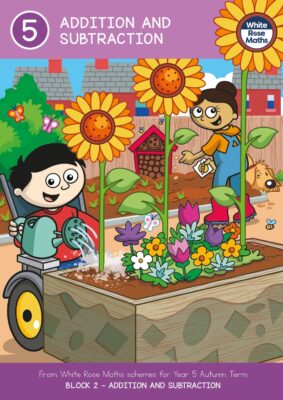 Y5-Book2
Y5-Book2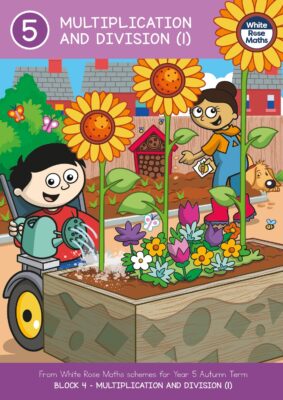 Y5-Book3
Y5-Book3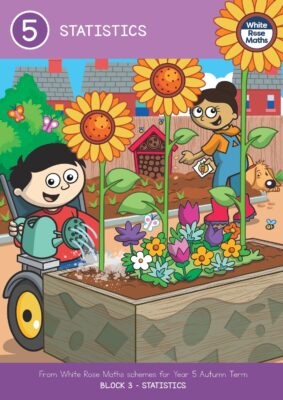 Y5-Book4
Y5-Book4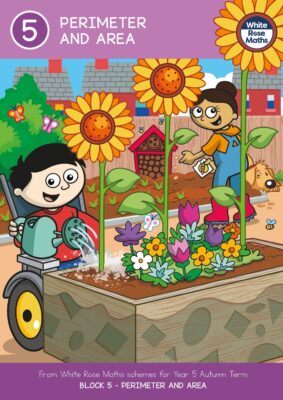 Y5-Book5
Y5-Book5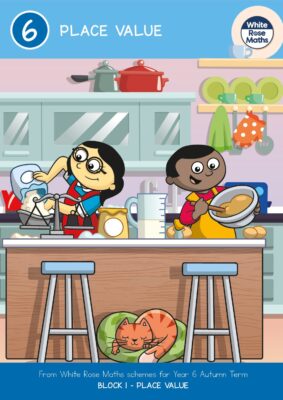 Y6-Book1
Y6-Book1 Y6-Book2
Y6-Book2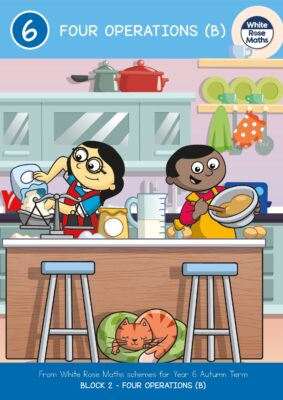 Y6-Book3
Y6-Book3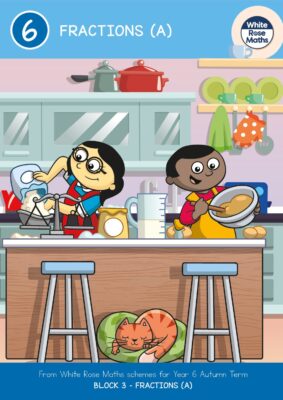 Y6-Book4
Y6-Book4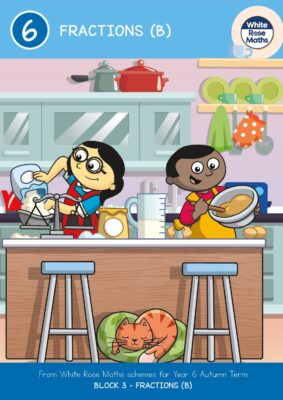 Y6-Book5
Y6-Book5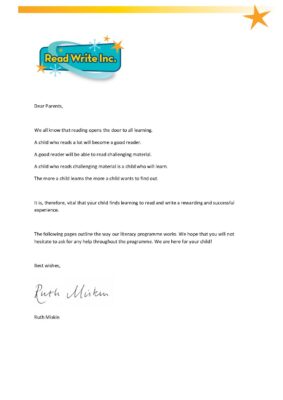 RWI Parents FAQ
RWI Parents FAQ